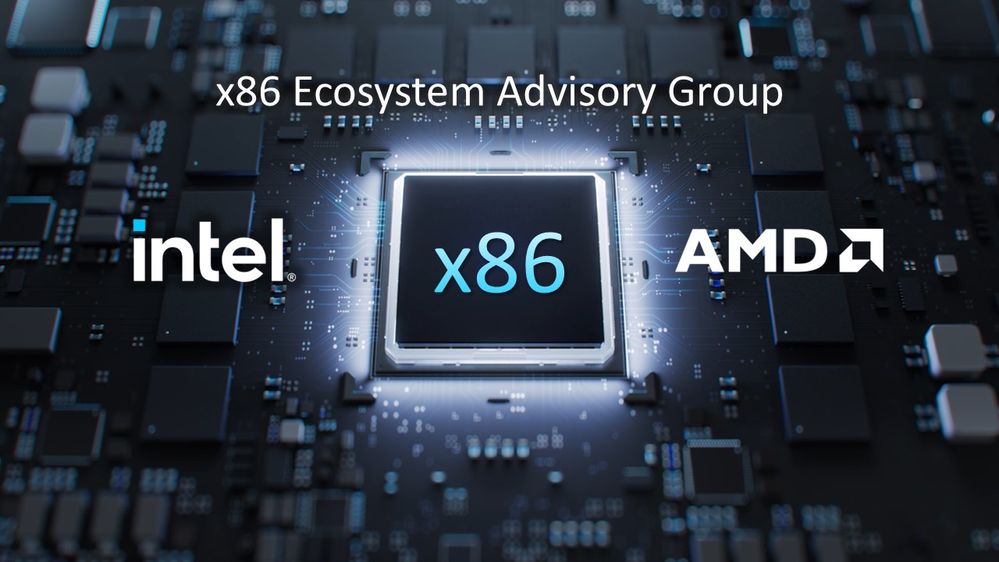A year after the two long-standing rivals put their differences aside to form the x86 Ecosystem Advisory Group (EAG), Intel and AMD have just unveiled the first fruits of their collaboration. The companies are working on new hardware-level memory safety features and standardised instruction sets, creating a more uniform development environment for the future.
Perhaps the most significan addition is ChkTag (via Tom's Hardware), a new memory-tagging instruction set designed to combat common memory-safety vulnerabilities like buffer overflows. By adding tiny tags to memory that are verified directly by the hardware, ChkTag can detect and prevent these exploits at a fundamental level, without the performance overhead of software-only solutions. Binaries compiled with ChkTag support will still run on older CPUs (just without the hardware protection), making it easier for developers to use the new feature.

On the performance front, the advisory group is also bringing much-needed standardisation to the world of high-performance computing. AVX10 and Advanced Matrix Extensions (ACE) are being implemented across the stack, creating a unified standard for 512-bit vector and matrix multiplication instructions. This will make it much easier for developers to accelerate AI and scientific workloads across both Intel and AMD platforms, ending the fragmentation that has plagued previous implementations. A new instruction called FRED (Flexible Return and Event Delivery) is also being introduced as a modernised interrupt mechanism to reduce latency and improve program reliability.
Discuss on our Facebook page, HERE.
KitGuru Says: As the x86 EAG enters its second year, the group plans to integrate strategic ISVs, consider potential ISA extensions, and ensure the x86 architecture remains stable and reliable for years to come.
 KitGuru KitGuru.net – Tech News | Hardware News | Hardware Reviews | IOS | Mobile | Gaming | Graphics Cards
KitGuru KitGuru.net – Tech News | Hardware News | Hardware Reviews | IOS | Mobile | Gaming | Graphics Cards


